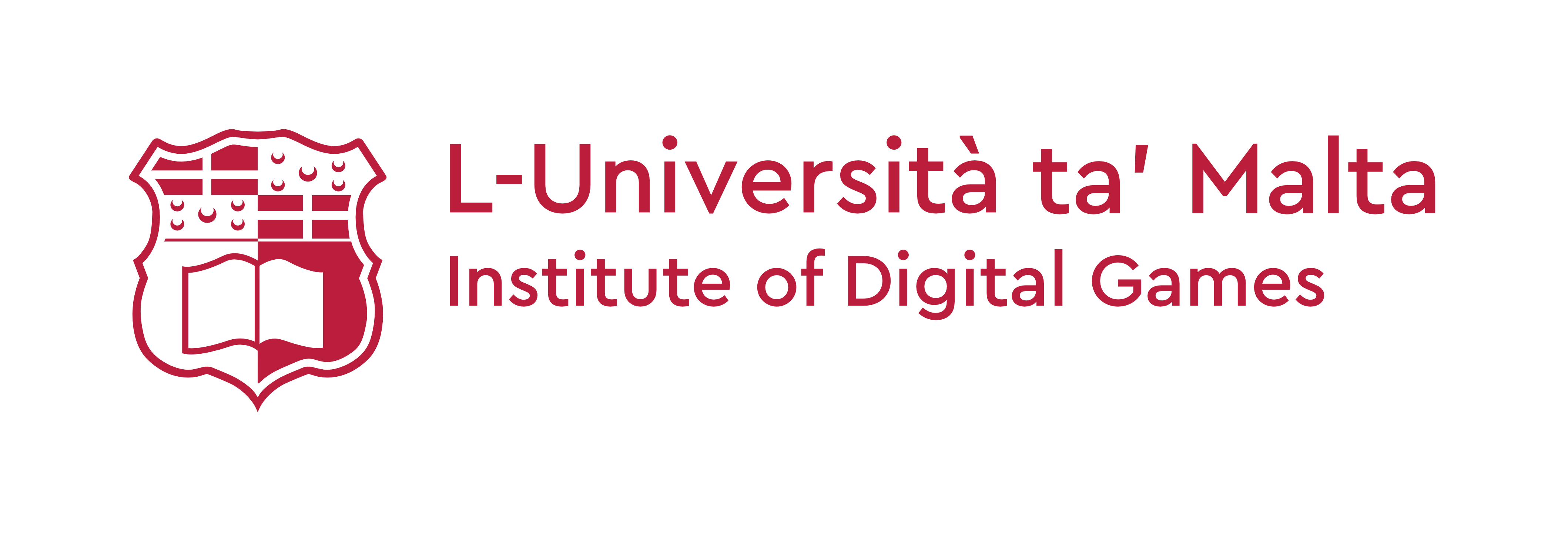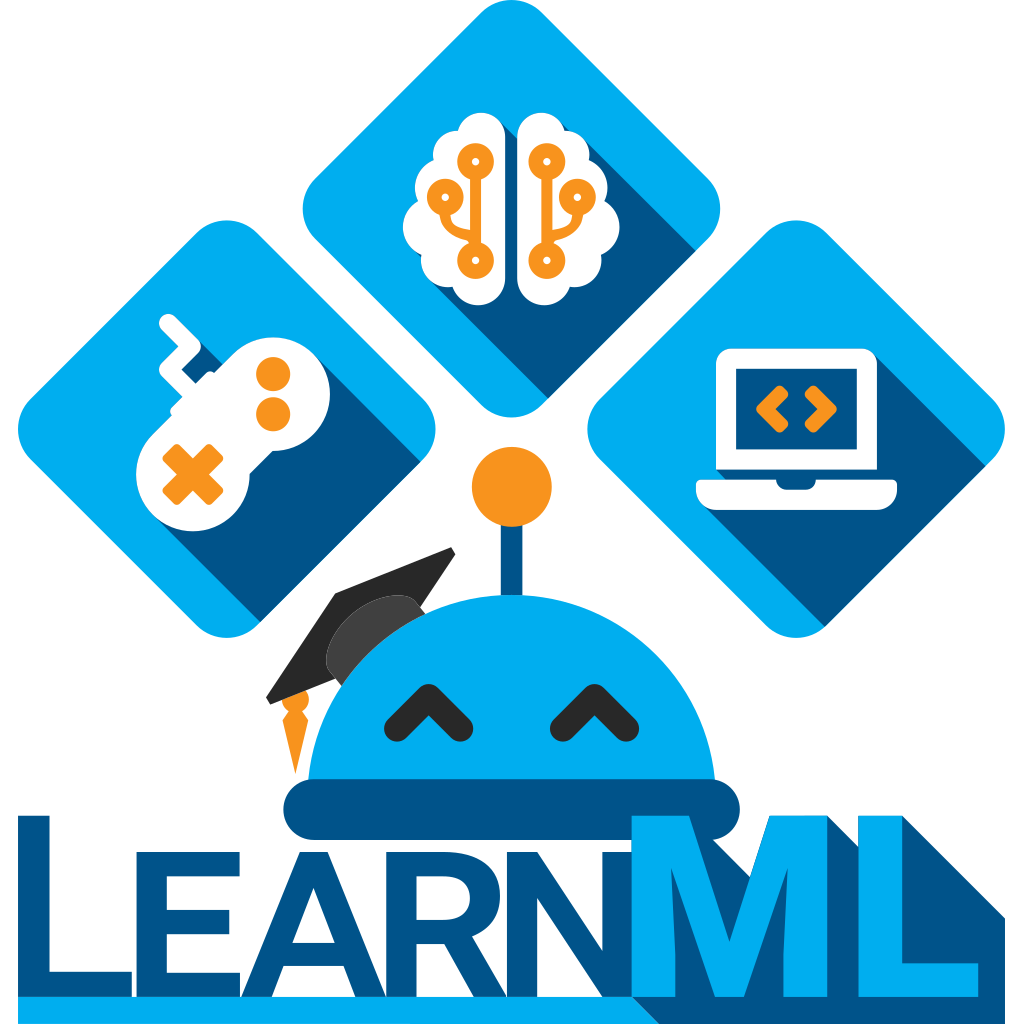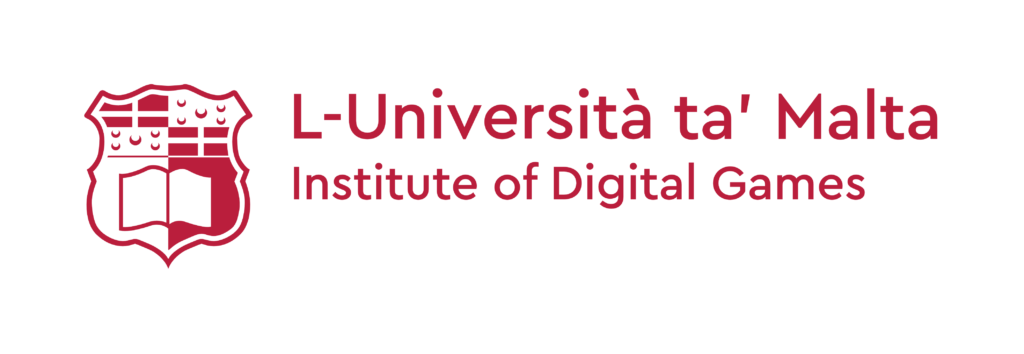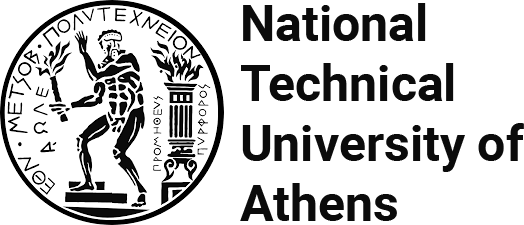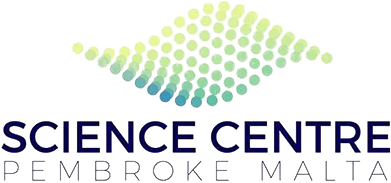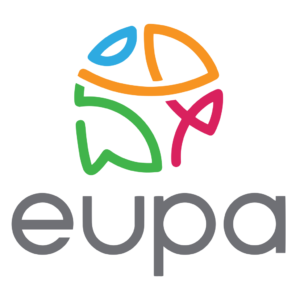About ArtBot
ArtBot was developed by the Institute of Digital Games of the University of Malta as part of the LearnML project.
The “Learn to Machine Learn” (LearnML) project is a three-year Strategic Partnership in the field of Education between the Institute of Digital Games of the University of Malta, the National Technical University of Athens, Korais Educational Enterprises SA (Palladio), the Science Centre at the Directorate for Learning and Assessment Programmes within the Department for Curriculum, Lifelong Learning and Employability, Ministry for Education and Employment of Malta, and the Norwegian University of Science and Technology. It is funded by the Erasmus+ programme and the European Union Programmes Agency.
The project aims to produce an innovative solution for the teaching and learning of crucial 21st century skills relating to digital literacy, computational thinking, Artificial Intelligence (AI) and Machine Learning (ML), so that Europe’s children and teenagers can develop into responsible citizens and insightful thinkers able to navigate the complex digital space and effectively contribute to its design. AI and ML are already ubiquitous in everyday life in fields such as speech and image recognition, personalised information on social media and search engines, and autonomous vehicles. They have the potential to bring unprecedented benefits to society. Concerns have also been raised, though, on the potential pitfalls and dangers regarding the decisions such systems might make, the autonomy of the AI agents, and the values embedded in their design. The new generation has to develop advanced digital literacy skills, to question and critically analyse and interpret data and information, recognise misinformation spread via social media platforms, emerging cultural and social biases embedded in the architecture and design of computer systems, and the ethical and political implications.
To address these challenges, the LearnML project brings state-of-the-art innovation into schools, transfers the notion of AI literacy to primary and secondary education and aims to introduce students to the core principles of AI and ML through a uniquely designed game-based educational toolbox. Specifically, the core objectives of the project are to design an AI and ML framework within the primary and secondary educational context, implement an innovative game-based learning toolbox that realises ML training scenarios (games and game authoring tools), produce relevant and effective training, teaching and learning material for course development based on gameful ML activities, educate teachers to effectively engage students and promote creative reflection on AI ethics, data biases and societal implications, and widely involve students in ML training courses that include playful game-based learning activities so that they become AI literate but most importantly responsible citizens of Europe with regards to the ethics and threats of AI.
